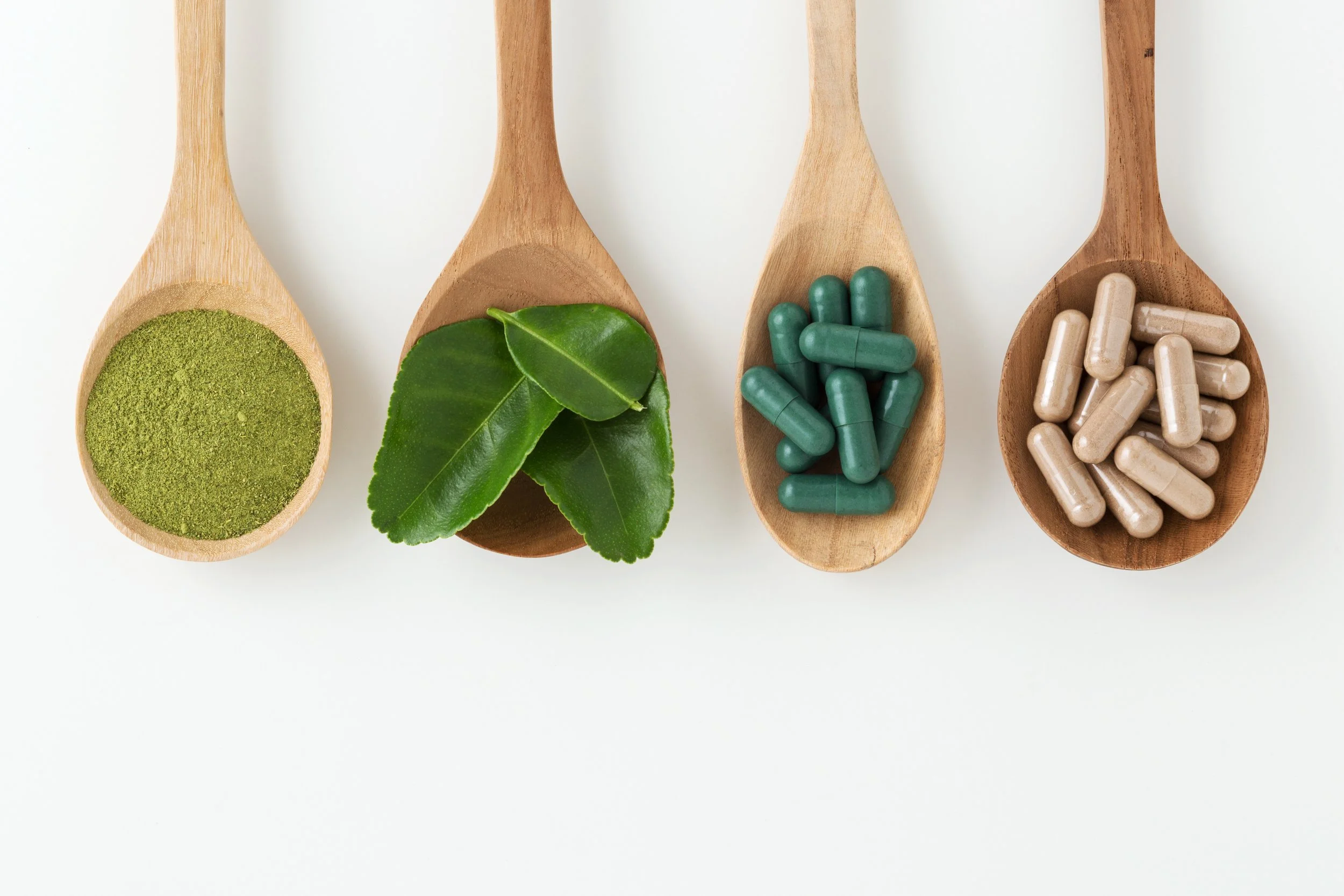Common Supplements Used For Arthritis
Osteoarthritis or OA is a prevalent joint disorder causing pain, stiffness, and reduced mobility. In the United States alone it's estimated that over 32.5 million adults are living with symptomatic OA. While there is no one-size-fits-all solution for managing OA, dietary supplements have garnered attention for their potential to naturally support joint health and alleviate symptoms. In this blog, we will delve into the world of osteoarthritis and explore supplements that might offer relief and enhance overall joint well-being.
Understanding Osteoarthritis
Osteoarthritis is a degenerative joint condition characterized by the breakdown of cartilage—the protective tissue that cushions the ends of bones within joints. This breakdown leads to friction, inflammation, and discomfort. OA can occur in any joint, but it most commonly affects weight-bearing joints like the knees, hips, and spine or joints with heavy use like the hands.
Factors contributing to the development of OA include age, genetics, obesity, joint injuries, and overuse. While we often utilize NSAID’s or acetaminophen for OA these medications can have significant side effects with prolonged use or not effective for many patients. This has led to an increasing number of patients turning to natural supplements to help with their symptoms. It is important to note that while supplements can play a role in managing symptoms, they should be considered as part of a holistic approach that includes exercise, weight management, and professional medical advice.
Below are the supplements I most often discuss with my patients that may play a role in their symptom management.
Omega-3 Fatty Acids: A 2017 systematic review of studies found that omega-3 supplements reduced joint pain, stiffness and swelling in RA. . It is important to find a high quality source and make sure the supplement lists the EPA and DHA amount, as it is the long-chain fatty acids (EPA and DHA) that are the most beneficial. An added benefit of omega-3’s is the added protection against heart disease and dementia.
Tumeric/Curcumin: Curcumin is the active ingredient in the spice, tumeric. In the body, it acts as an anti-inflammatory agent, blocking the same inflammation-promoting enzyme as the COX-2 inhibitor drug, celecoxib. In a study of 367 people with knee OA, a 1,500 mg daily dose of curcumin extract was as effective as 1,200 mg a day of ibuprofen. Absorption can be aided by taking tumeric with a source of fat, black pepper also increases the absorption. Some supplements add the black pepper extract, piperine. However, piperine could potentially cause liver damage, and it can increase the absorption of medications like carbamazepine (Tegretol) and phenytoin (Dilantin), making them more potent.
Glucosamine: One of the most popular supplements used for osteoarthritis- it is a component of cartilage. Research on glucosamine have been mixed on effectiveness and best form of the supplement to take. The NIH GAIT trial showed glucosamine/chondroitin’s did improve pain and function, although at only a level similar to a placebo. While a more recent 2016 international trial found the combination to be as effective as the NSAID celecoxib at reducing pain, stiffness and swelling in knee OA. Mayo Clinic research supports glucosamine sulfate as being the best form of glucosamine for those that do respond.
Ginger: Several studies have shown a moderate benefit in knee OA, including a 2020 trial that showed in combination with curcumin it provided similar efficacy to the NSAID naproxen when taken twice daily for four weeks.
It is important to consult with your healthcare provider before using any supplement to make sure there is no interactions with your health history or current medications and your dose is safe. For a Rheumatology consultation, we are now seeing new patients in our Boca Raton office. Appointments can be made online or by calling (561) 672-0907.

